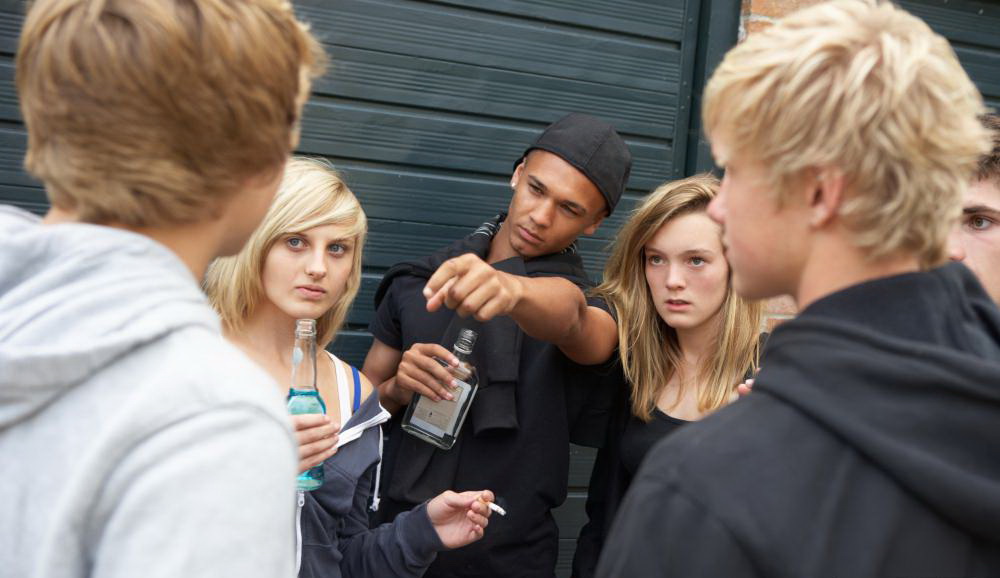
Peer Pressure
For young people, peer groups are important as they prepare for the adult world because they help them work out their own identity and values, learn how to get along with others and develop skills to become independent.
When parents start early to help children make decisions for themselves and have good self-esteem and understand the values that are important to their family, it helps them resist negative peer influence and form positive peer groups.
Why are peer groups important?
A great benefit for young people can be belonging to peer groups. It helps them:
- develop a sense of belonging
- learn to communicate with people their own age
- feel understood by others who are going through many of the same life experiences
- make new friends who like similar activities
- increase skills in becoming independent
- test out their values and ideas
- work out what they like as ways of music choices, dressing, interests, and activities
- improve their ability to make their own choices and trust their own judgment
- learn about dating
It is normal for young people to seek the advice and views of peers, particularly for things that are embarrassing or sensitive. It may seem they don’t value your views anymore if you are used to your children coming to you for advice but they are more likely to talk to you about what is happening for them if they know you will listen and help them work out their own solutions.
Parents often worry about the negative influence of peer groups particularly when it comes to risky behavior such as drinking or drug taking although peer groups don’t usually directly pressure or force someone to do something against their will.
It is more about the person choosing to do something because they want acceptance by the group, to belong and feel valued. Young people with poor self-esteem are more likely to respond to negative peer influence, even adults who have more confidence and experience find it hard to go against their peers.

When are you worried about a peer group?
You may not be comfortable with your teen’s choice of peer groups. This may be because a group is into risky things such as missing school, using alcohol or drugs, vandalizing property or shoplifting. Some parents try to monitor activities and enforce rules to stop their teen mixing with the ‘’wrong’’ groups, but if you do this, you could risk them lying to you or becoming more determined to be part of the group.
It might help to:
- think about whether your concerns about their friends are really important – don’t get caught
- up in minor things such as how they dress
- rather than criticizing their friends talk to your teen about the behavior in the group that worries you
- keep communicating – be willing to listen rather than tell them what to do and help them problem-solve if there are difficulties
- show your trust – if they break your trust, ask them to suggest ways they could rebuild it. We all make the wrong decision at times, it is more important to help them learn from their mistakes.

Write more, thats all I have to say. Literally, it seems as
though you relied on the video to make your point.
You obviously know what youre talking about, why waste your intelligence on just posting videos to
your weblog when you could be giving us something informative to read?